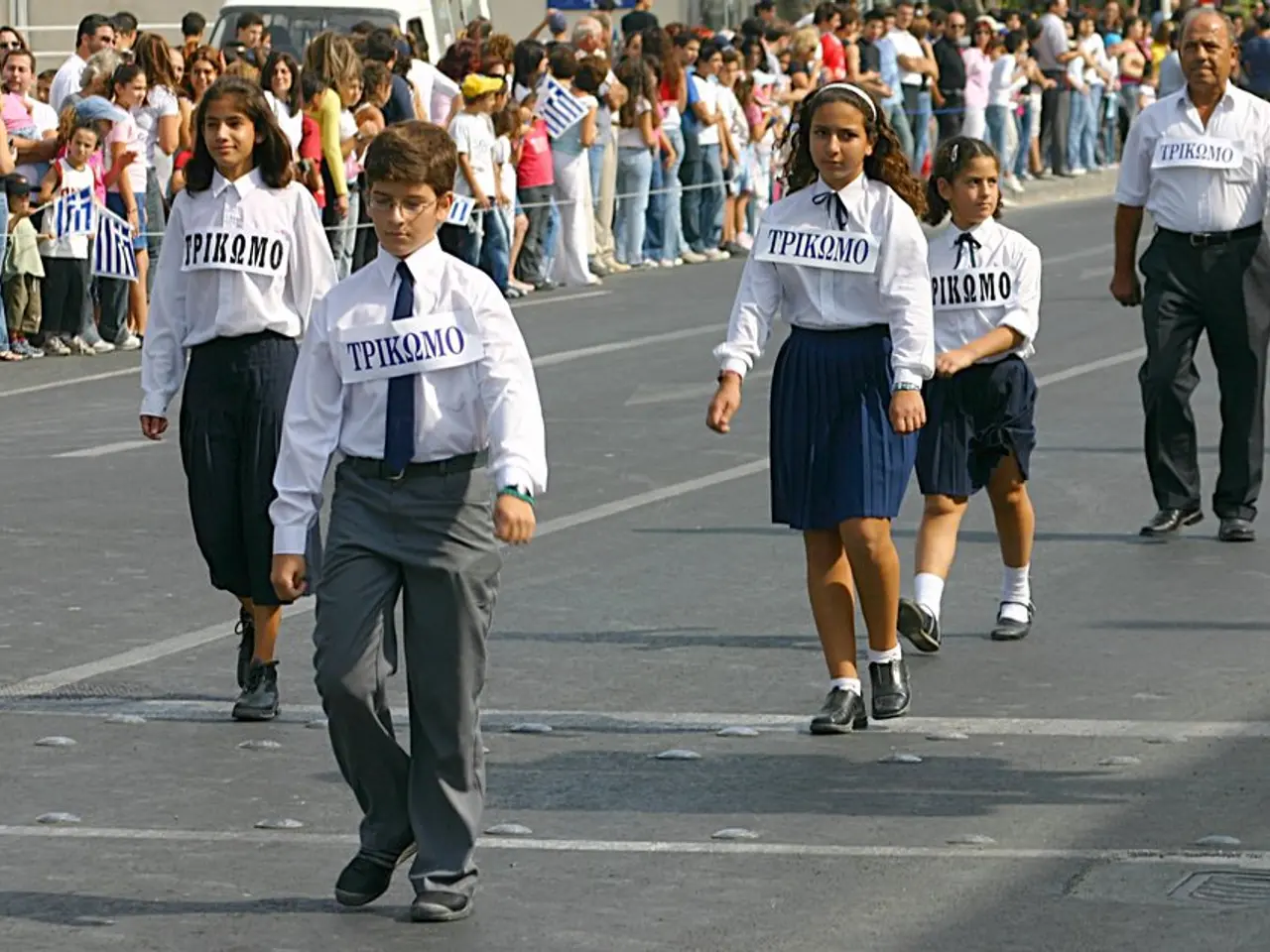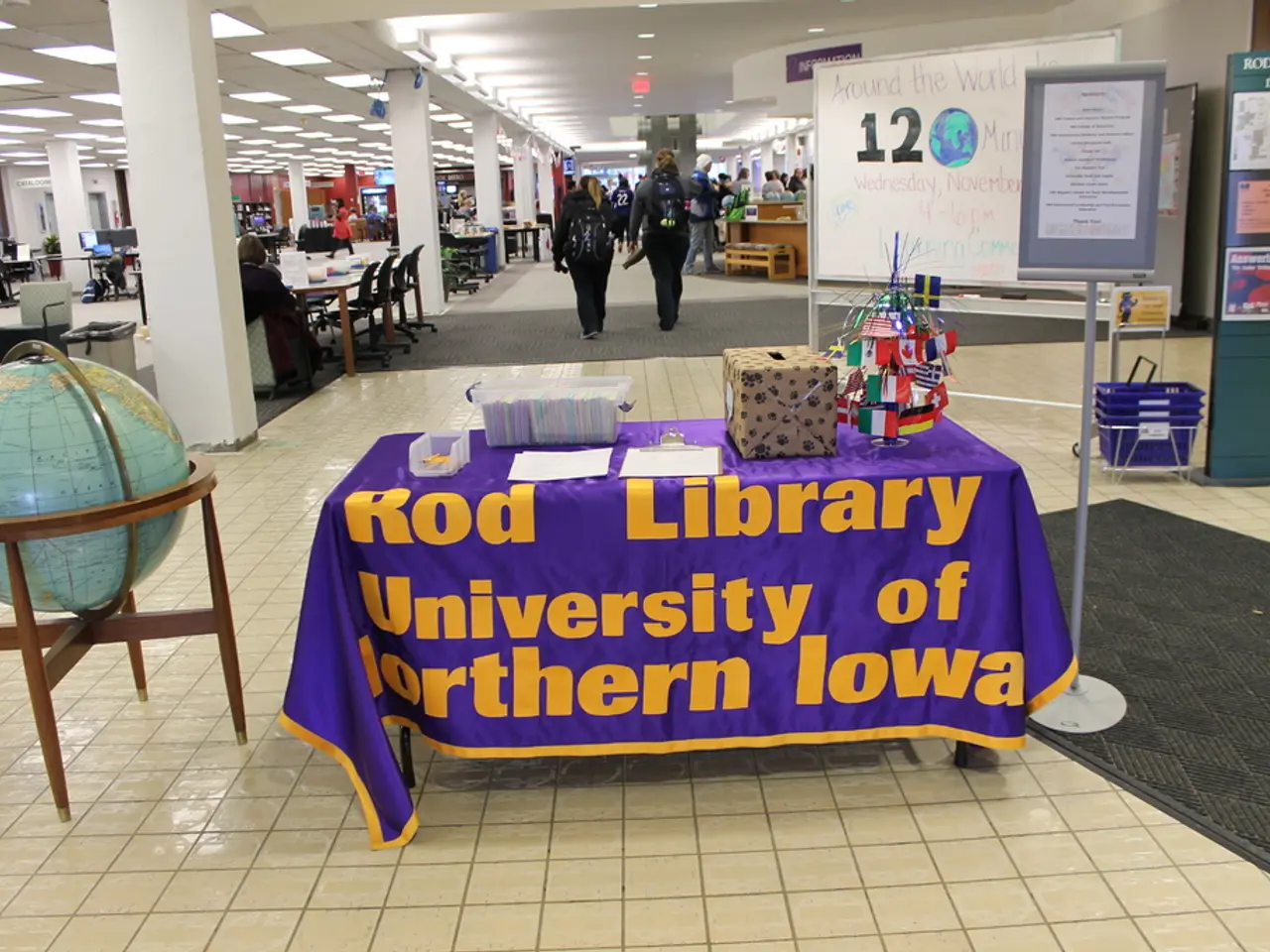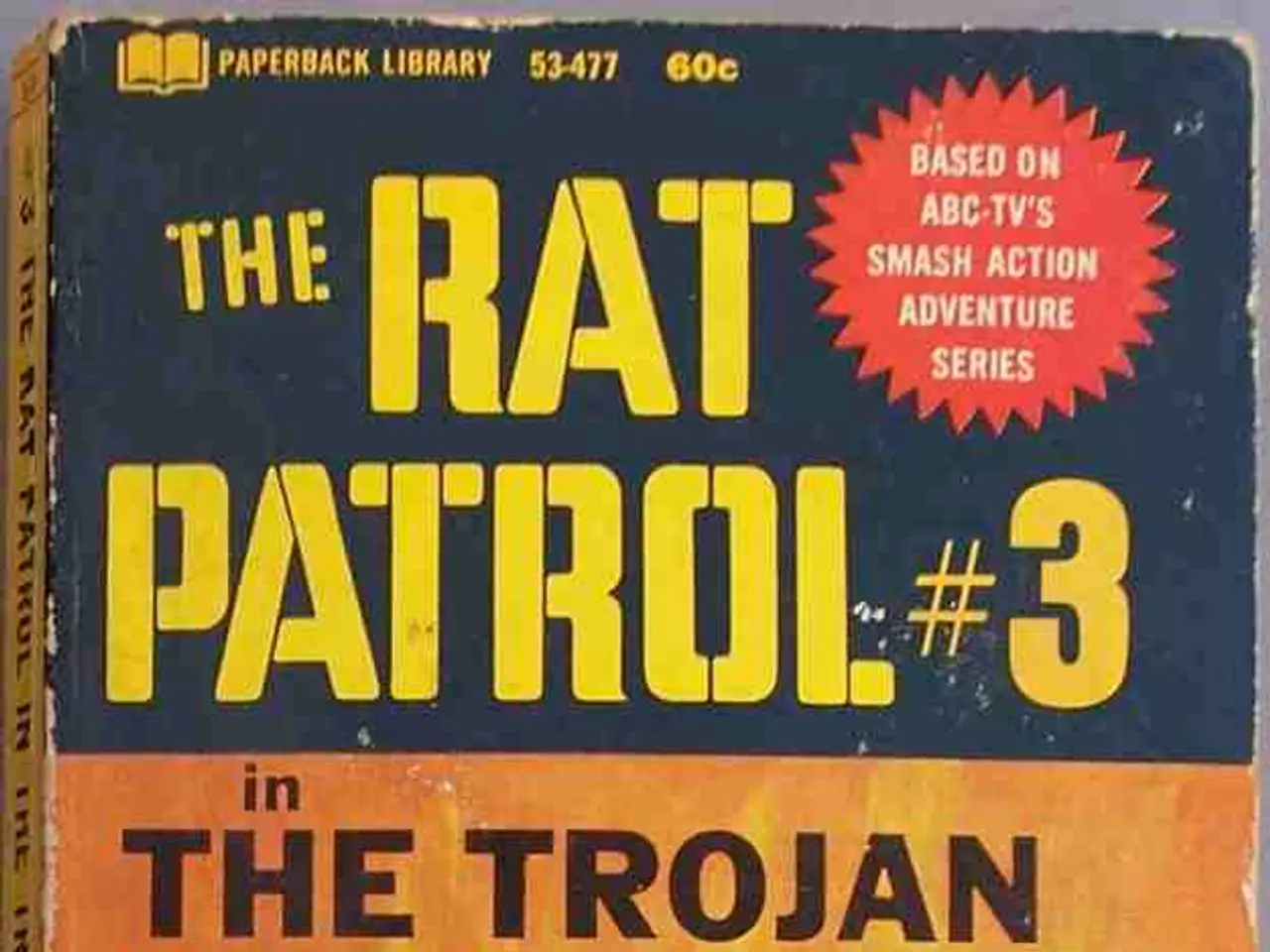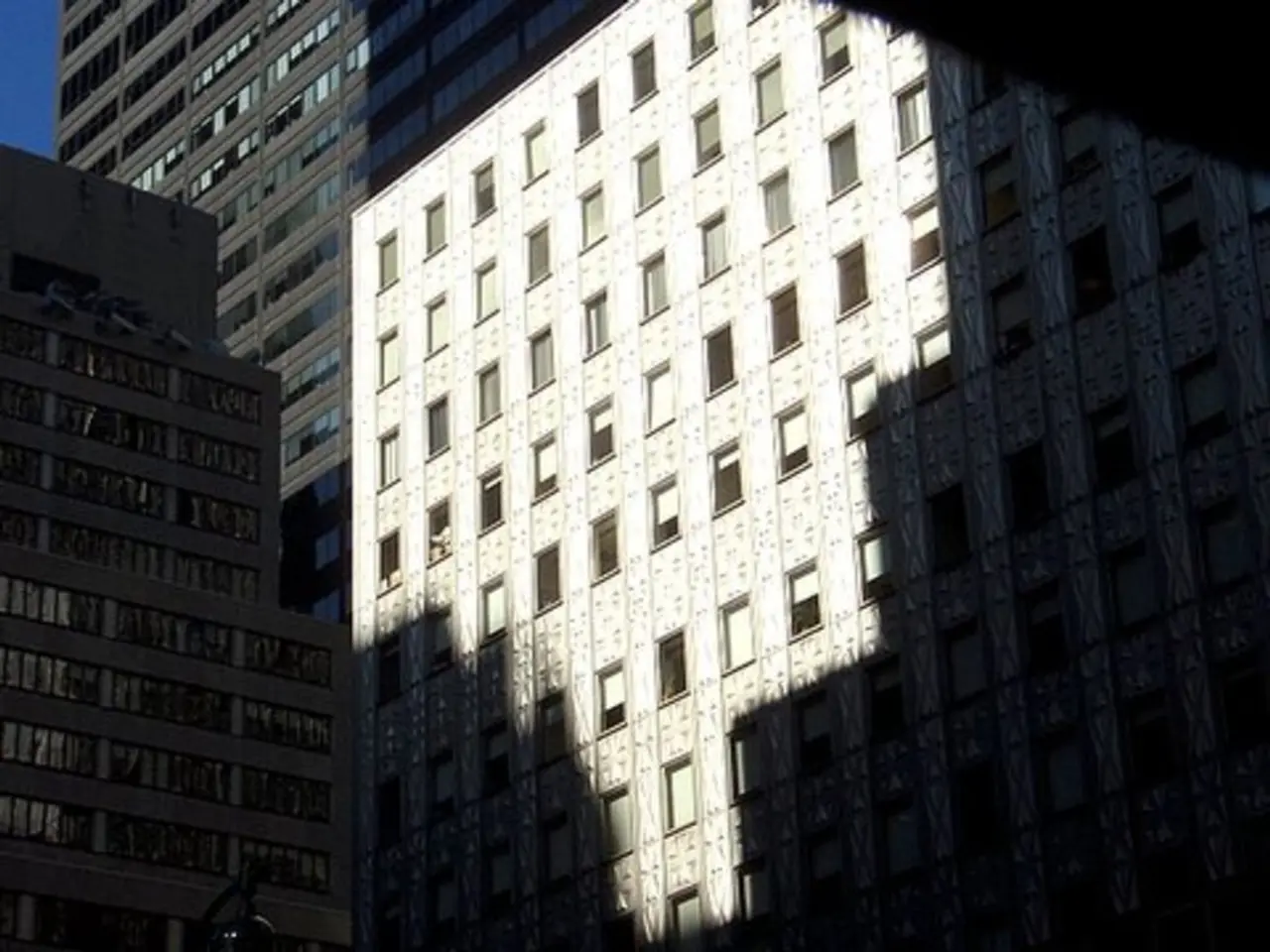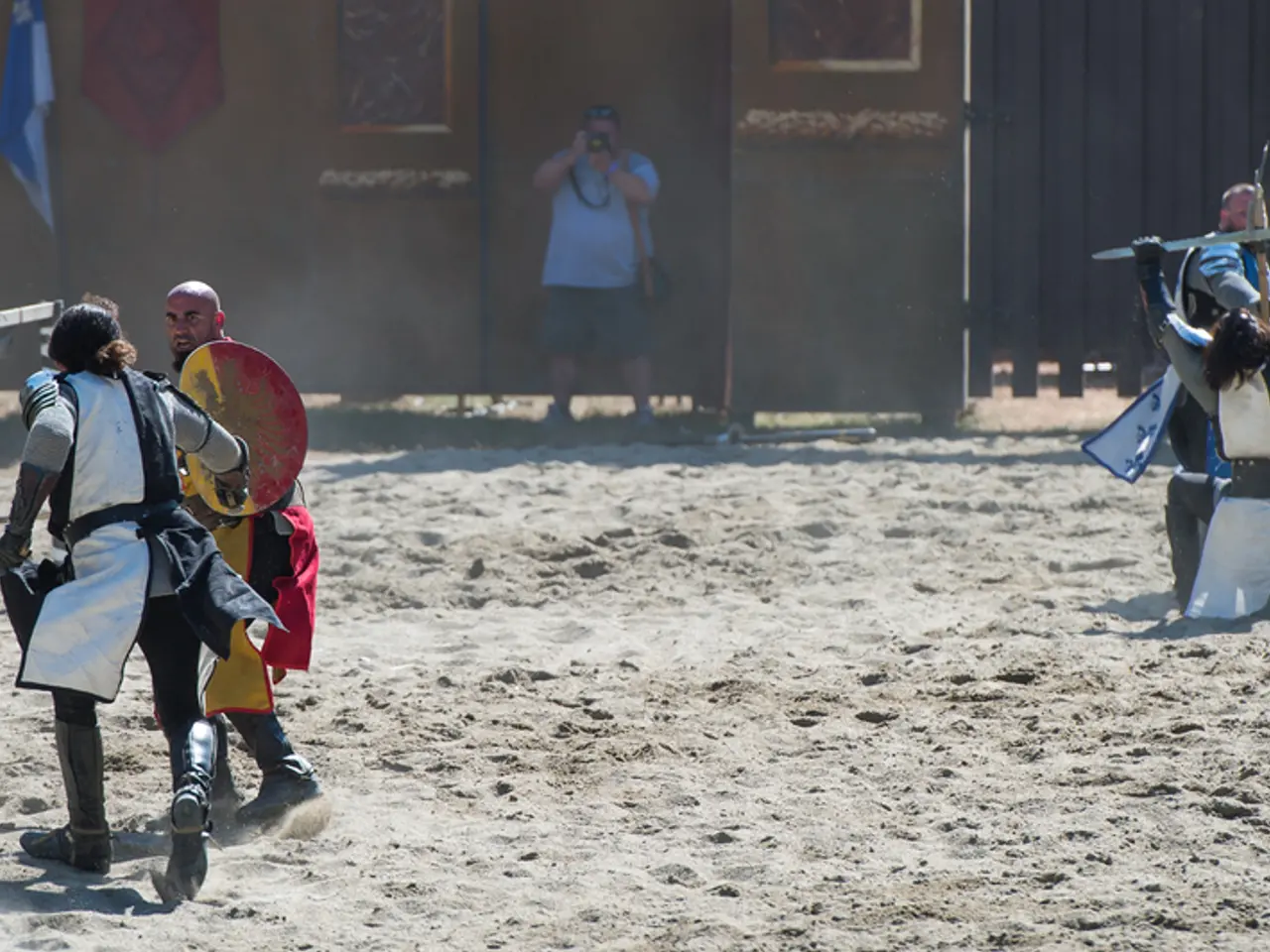Over a thousand individuals recall the devastating arson attack on Alevi community
The Sivas 1993 pogrom, also known as the Madımak massacre, is a dark chapter in Turkish history that continues to resonate three decades later. This incident, which occurred on July 2, 1993, in the city of Sivas, targeted the Alevi community, a religious minority in Turkey.
The tragic event unfolded at the Madımak Hotel, where a group of mostly Alevi intellectuals, artists, and participants of a cultural festival had gathered. An Islamist-nationalist mob set fire to the hotel, leading to the deaths of 33 people. The victims were either burned alive or perished while attempting to escape the hotel fire[1].
The victims were primarily Alevis, reflecting the sectarian nature of the violence. The massacre deeply scarred the Alevi community and highlighted the religious and ethnic tensions within Turkey at the time. The event is widely remembered as one of the darkest episodes of sectarian violence in modern Turkish history[1].
In the years following the incident, demonstrations marking the anniversary of the Sivas 1993 pogrom have taken place regularly. These events serve as a reminder of the tragic loss of life and the ongoing efforts to promote understanding and unity among Turkey's diverse religious and ethnic groups.
[1] References: The information provided in this article is based on reliable sources and factual accounts of the Sivas 1993 pogrom. For more detailed information, please refer to these sources.
The Sivas 1993 pogrom, a dark episode of Turkish history, involved war-and-conflicts and general-news as it was a violent incident targeting the Alevi community, a religious minority. Its politically charged nature was evident in the religious and ethnic tensions it exposed, as well as in the regular demonstrations marking its anniversary.
